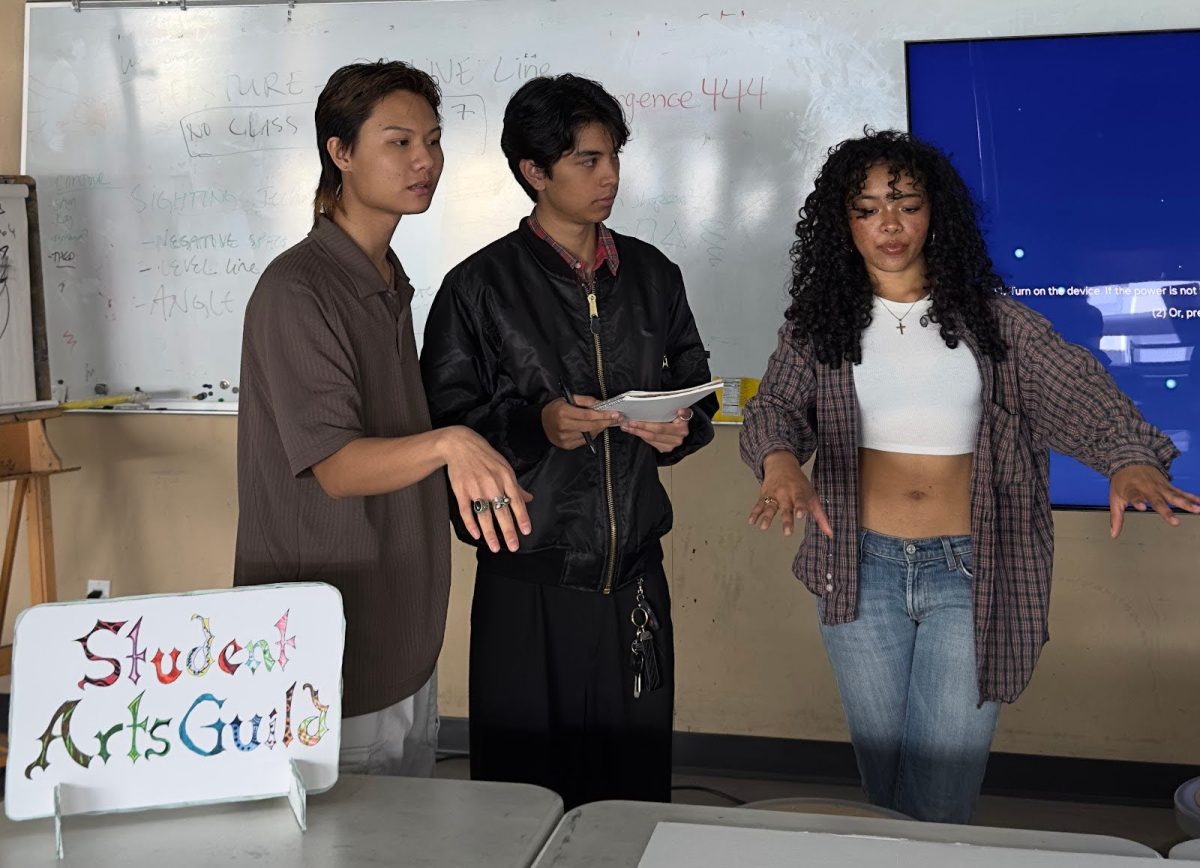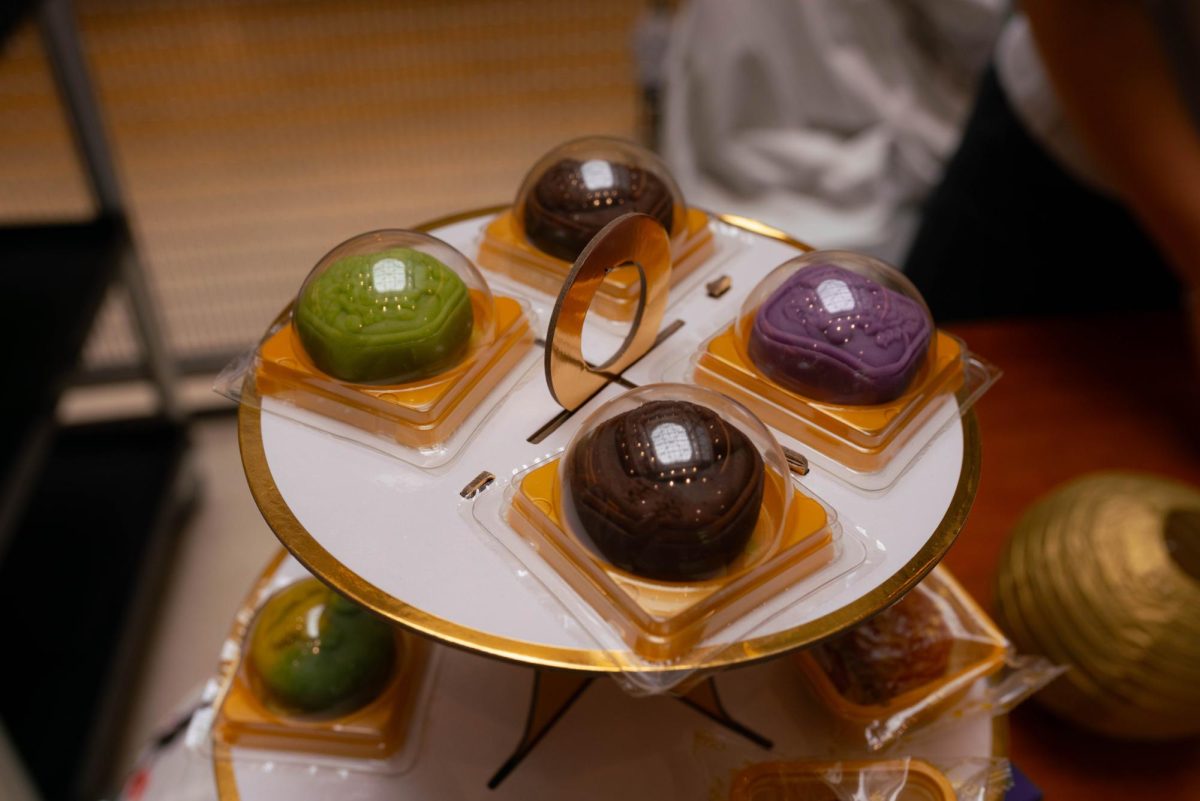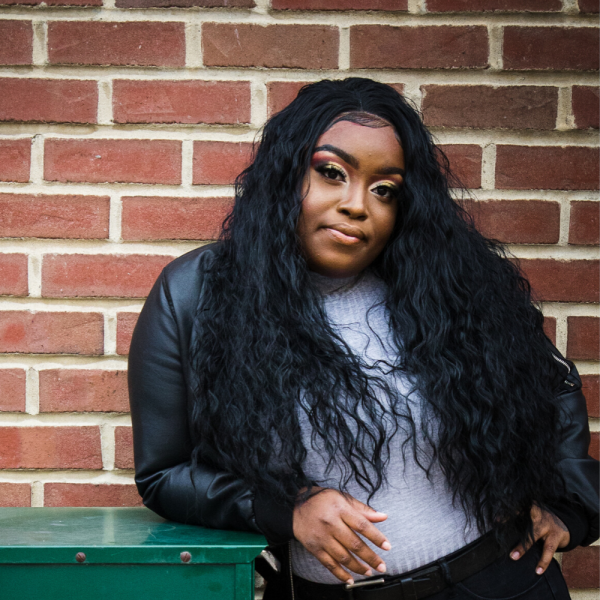by Tamia Lane/Tower Staff Writer

Knowing your true self and reclaiming your power as a Black woman is indispensable.
As history changes over time, with the amplification of women’s voices, it is important for colored women to get further knowledge within the self. Defining myself as a woman of color and getting more in tune with myself — some would label it “Staying Woke” — is an amazing thing.
Over time, society has broken down the esteem of African American women. Black women just do not have the luxury to break down. We’re pressed from all sides.
Cut off at the knees, but bearing responsibility for things we have no power over, we get called an “angry Black woman” anytime we have the audacity to speak up about what we face.
We’re caught at the intersection of sexism and racism, yet people always project strength on us. There’s no empathy for our struggle. We’re forced to advocate for ourselves and each other, and we’re also burdened with providing emotional labor for the vast majority of the people around us.
We’re shamed with terms like a “hoe,” “baby mama” and “hood rat,” with little to no margin of error. People prize Black women for our endurance as if we have a choice, but only value what we bring when another group takes it up.
From a young age, we are made to feel cursed in our skin and bodies. “Beauty” is ascribed to people that don’t look like us. We stand at the front lines for so many other groups when they’re in need, but when it comes to us, more times than not, we’re the only ones around to fight for ourselves.
Society has put so much responsibility and judgment on Black women, but no respect or appreciation. That so many of us are able to go on is a miracle, and it is often touted as a symbol for our strength. We shouldn’t have to endure what we do. We shouldn’t have to accept so little. Our trauma has been normalized so much that people don’t even consider the pain. And we have been conditioned to suffer in silence.
I’ve learned to love being a Black woman, but part of the reason I write is because the vast majority of our stories make us the background, and only value us as someone else’s strength.

























